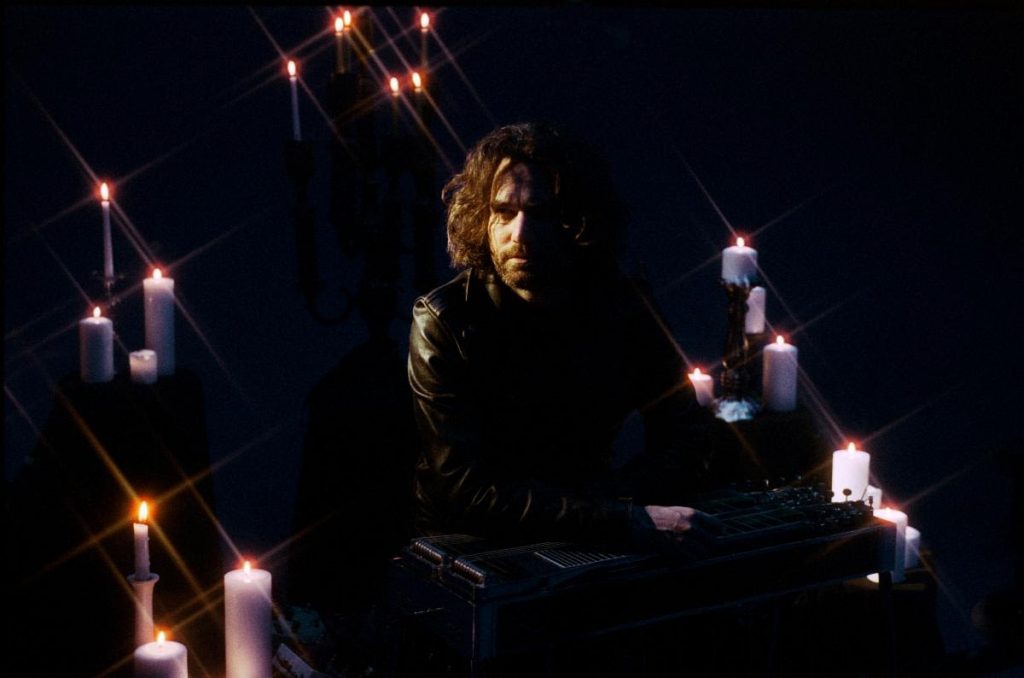
Luke Schneider isn’t a household name by any stretch, and Altar Of Harmony (Third Man) isn’t likely to change that. “Some people will argue that ambient and new age are two different things, and I think that’s technically correct,” says Schneider. “But I’m not afraid of calling this ambient new-age music.”
Thanks to his sublime work on pedal-steel guitar, Schneider is a fixture in Nashville. Now 40, he started playing the instrument at 21, when he finally had the means to acquire one. “I was working as bellman downtown at the time, and Nashville had its NAMM Show,” says Schneider. “I had my best week ever, and I took my $1,500 and bought a pedal-steel guitar. After about six months, I was barely good enough to play in a local indie-folk band.”
These days, Schneider’s contributions have been essential to Margo Price’s Grammy-winning retro-twang formula. He’s also performed with Caitlin Rose, Natural Child and other acts, and session work has been fairly easy to come by. Solo debut Altar Of Harmony, on the other hand, is about as far removed from country music as Neptune is from Nashville.
“With Margo, we were playing traditional country, so we were definitely trying to stay inside those norms,” says Schneider. “Having said that, Margo was definitely into me experimenting with various sound textures. We’d try to disrupt the expectations of the Americana and outlaw-country fans coming to see us. I’d open up a show with weird Eno drones and stuff.”
Brian Eno is a valid reference point for Altar Of Harmony opener/first single “Anteludium” and the rest of the LP’s hypnotic, meditative instrumentals. Other names worth noting include ambient music linchpins Harold Budd and Don Robertson. With his own contribution to the genre, Schneider abolishes any preconceived notions of a complex instrument that’s often misunderstood and even marginalized.
“In the Western world, pedal steel is probably the most difficult instrument to master, but I also don’t want to discourage people from diving into it,” says the Ohio-born Schneider, whose 1967 Emmons push/pull model is the sole source of sonic inspiration on Altar Of Harmony. “Pedal-steel dorks salivate over the 1967 push/pulls. Two-hundred years from now, I really think it’ll be considered the Stradivarius of pedal-steel guitars.”
—Hobart Rowland





